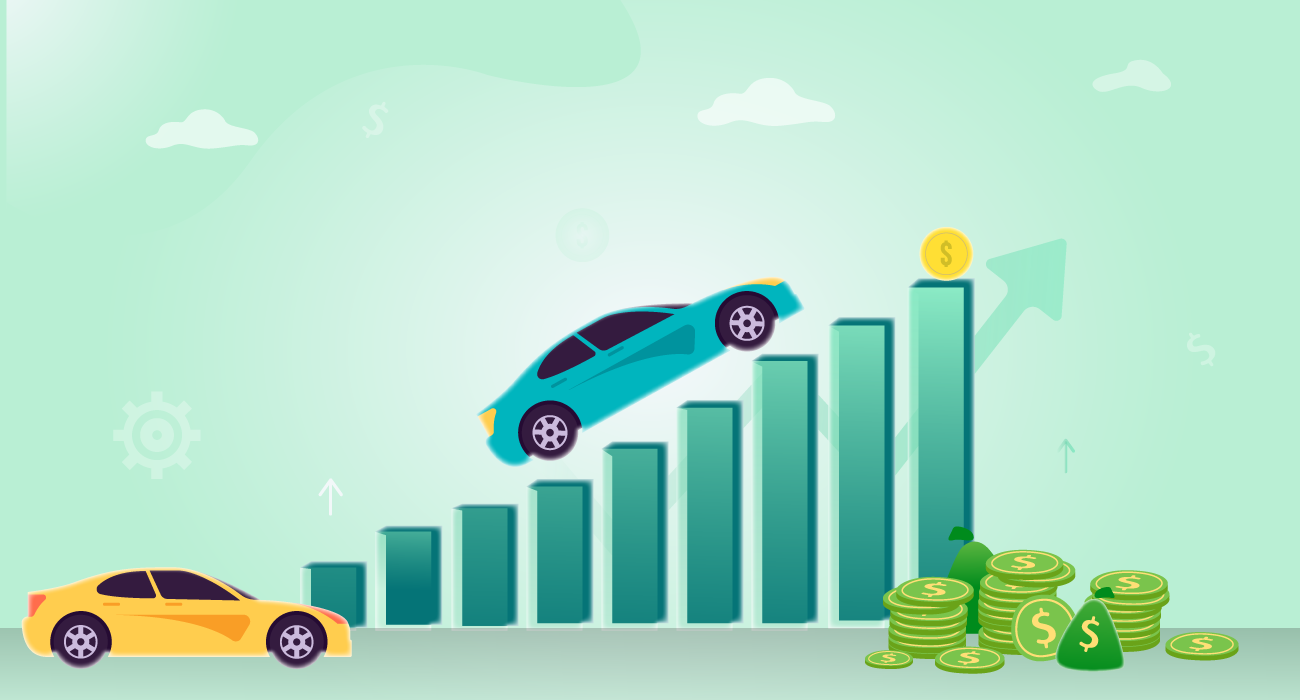
Abhishek Bhate is thrilled to bits that he will now have more money in his hands with the Income Tax rebate under hiked from INR 25,000 to INR 60,000 under the new tax regime. With this hike Bhate will now have to pay no income tax if his total income is up to INR 12 lakh. This is following the Budget announcement on Saturday to increase the tax rebate which was earlier only available for those whose total income was up to INR 7 lakh.“It’s a move that many have been waiting for, as it addresses genuine and pressing cash flow concerns. With more disposable income, this policy is likely to encourage spending, boost consumption, and drive demand, creating a ripple effect across the economy,” said an excited Bhate.
He is now the beneficiary along with at least a million other taxpayers who will now be able to spend more money thanks to this unexpected largesse from the Budget. It will also be music to the automotive industry whose stakeholders will be hoping that the likes of Bhate will queue up in showrooms for a bike or car.
For a few years now, vehicle prices have shot up thanks to safety and emission regulations which made investments in additional technology and fitments mandatory. This translated into a higher price tag for cars, scooters and motorcycles which was enough to deter potential buyers from even considering a purchase of their dream product on wheels.
Slowdown in demand
Market leaders like Maruti Suzuki found demand slowing down for entry-level models which had seen a steep hike in prices. RC Bhargava, Chairman, had already indicated then that hatchbacks and entry-level cars would experience a revival only when the middle class segment had more disposable income.
This has now become a reality and it remains to be seen if this will spur demand for cars and two-wheelers. “Vehicles are an aspirational purchase and the Budget announcement will motivate more buyers. We are expecting a significant boost in sales of entry-level cars and two-wheelers,” Vinkesh Gulati, ex-FADA president, told ETAuto.
Shailesh Chandra, President of SIAM, said the specific focus on rural prosperity and agriculture, coupled with reforms in personal income tax, was likely to have “a positive effect” on the auto industry and create demand.
According to Gulati, the Dhan Dhanya Krishi Yojna would also be a major catalyst in improving agricultural income and rural sentiment. “We expect better growth in the tractor and two-wheeler segments as a result,” he added.
Farm focus
Srikumar Krishnamurthy, Senior Vice President & Co-Group Head at ICRA said the rise in disposable income coupled with the Centre’s continued focus on agricultural cash flows through rural infrastructure development as well as easier credit access would boost demand for vehicles.
The industry will look for growth happening in the coming months once the benefits of the Budget percolate down into consumers’ pockets and embolden them to spend more. The good news is that rural India has been seeing higher consumption levels for some months now and this will now get a further fillip.
Likewise, urban customers may also be inclined to loosen their purse strings and this may even extend to those beyond the exemption limit of INR 12 lakh. Eventually, it is a feel-good factor that makes all the difference as was apparent during the post-COVID period when revenge spending led to a massive demand for two-wheelers and cars.

















